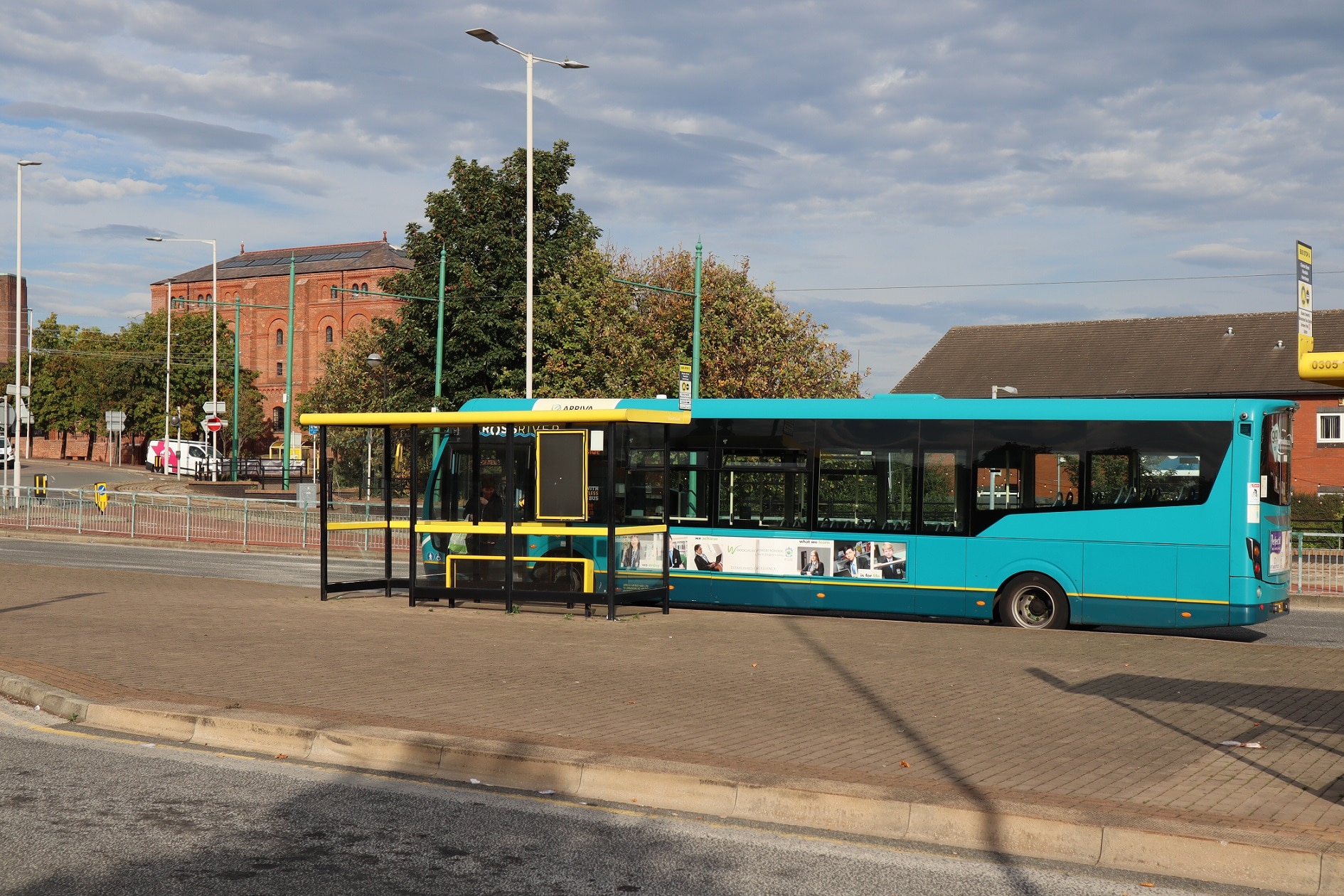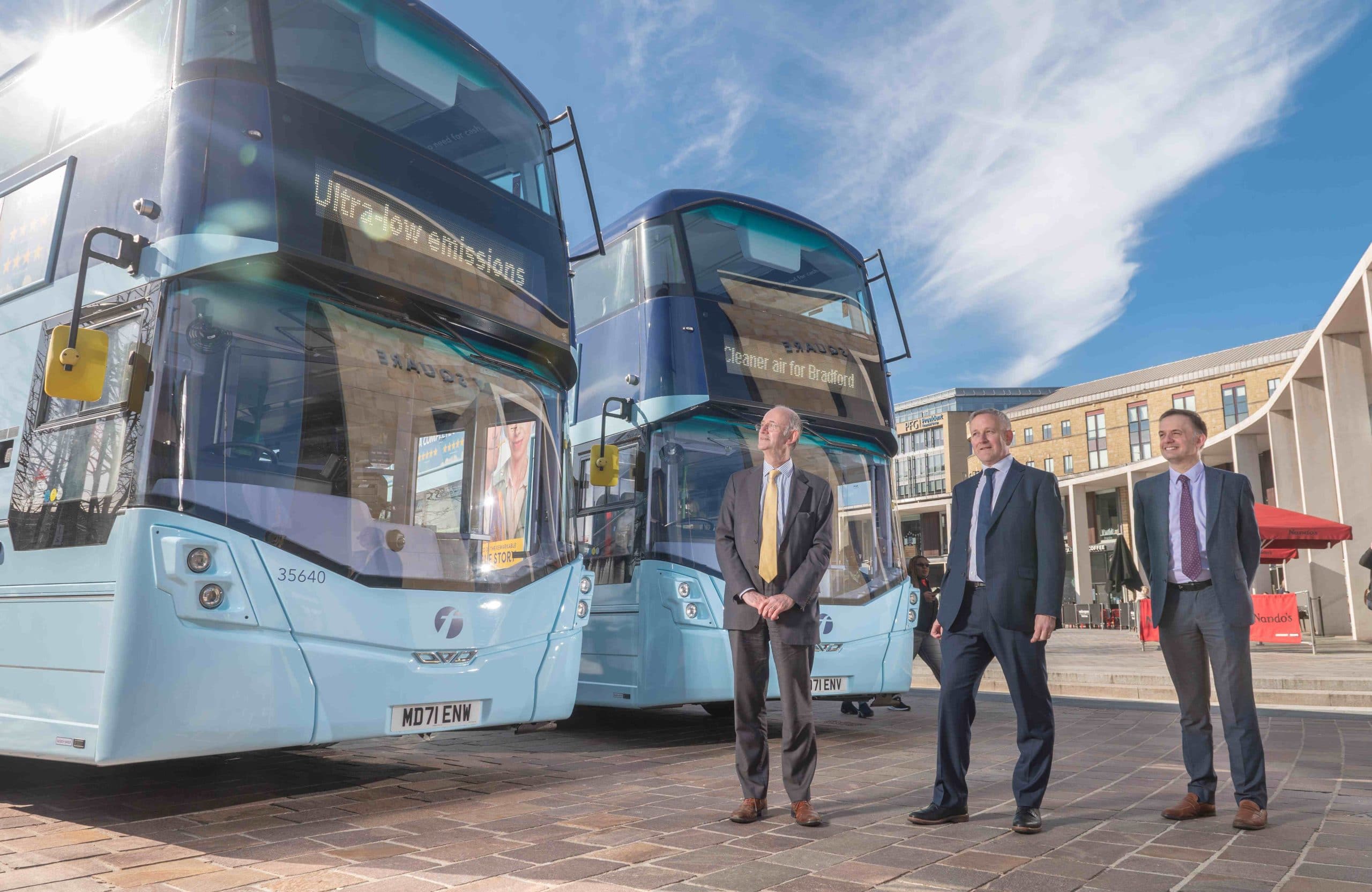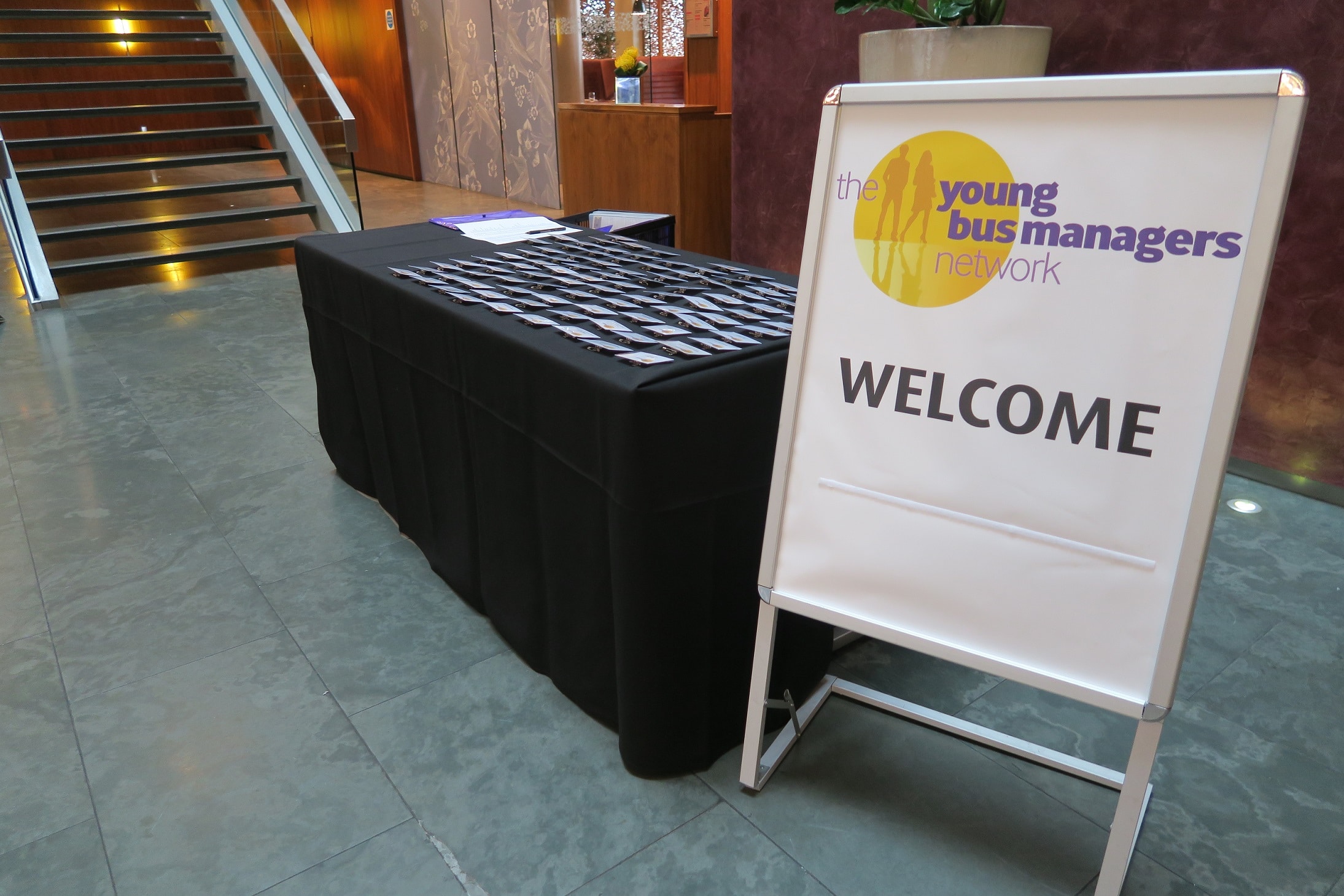The Liverpool City Region Combined Authority (LCRCA) has confirmed that franchising is its preferred model for future bus service delivery in the conurbation.
Such a step will help to deliver “a London-style system that will make travelling around quicker, cheaper, greener and more reliable,” LCRCA says. That will involve a network that is “designed around the needs of local people, not private shareholders.”
In a denunciation of current bus network in the Liverpool City Region, Mayor Steve Rotheram says it “simply does not work” for many residents and that it is “too confusing, too unreliable and too expensive.” He adds that the latest step toward re-regulation is “a massive step towards putting that right” and will “reverse four decades of disastrous deregulation.”
A report put before LCRCA has found that re-regulation is the most favourable option “in most aspects.” Formal confirmation of bus franchising as the Authority’s preferred option will enable work on the next stage towards a transition to begin. That will include completion of a business case and an independent assessment ahead of a public consultation.
The report states that LCRCA has allocated more than £65m to buses in 2022/23. It claims that such monies represent “support and subsidy.” Over 62% of that total – £40.5m – will go towards concessionary reimbursement. It adds that in return for those funds, LCRCA has “very little meaningful influence” over service coverage and pricing.
Despite Mr Rotheram’s hyperbole, the report acknowledges that an Enhanced Partnership model could deliver improvements more rapidly, at lower cost and with a lower level of risk to LCRCA than via re-regulation. However, it adds that franchising “provides greater scope to deliver the outcomes desired by the Combined Authority,” particularly relating to network design, ticketing and fares.
The transitional cost to achieving franchising in the Liverpool City Region is expected to be around £20m, which could rise to £38m if a number of “key risks” materialise. Delivery of the depot strategy outlined in an earlier franchising assessment is estimated at around £56m while fleet acquisition costs are put at an estimated £85m. More detailed work on the financial aspect of re-regulation is to be carried out as part of the next stage.
Although both LCRCA and Mr Rotheram make claims around “private shareholders” to support the argument for franchising, the largest bus operator in the Liverpool City Region – Arriva – is part of Deutsche Bahn, which is owned by the German government.



























